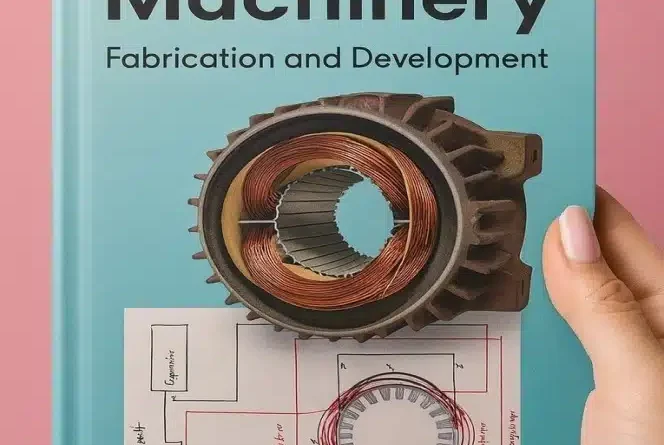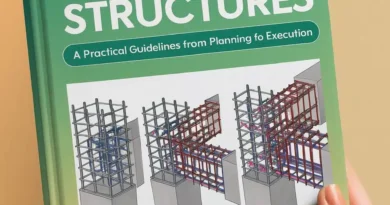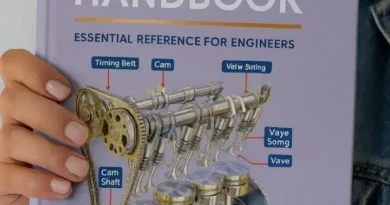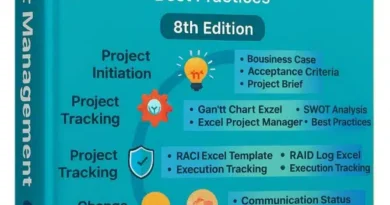A Comprehensive Guide to Electrical Machinery
Unlock the Power of Electromechanics: A Comprehensive Guide to Electrical Machinery
Are you looking to master the core principles of electrical engineering? The renowned textbook “Electrical Machinery” (often associated with authors like P.S. Bimbhra, S.K. Sen, or Stephen J. Chapman depending on the edition/focus) is an essential resource designed to provide a deep, clear, and comprehensive understanding of the operation, analysis, and applications of rotating and static electrical apparatus. This book is a must-have for undergraduate and postgraduate electrical and electronics engineering students and practicing engineers seeking to solidify their foundational knowledge or refresh their technical skills.
What Does the Book Offer and Why Is It Essential?
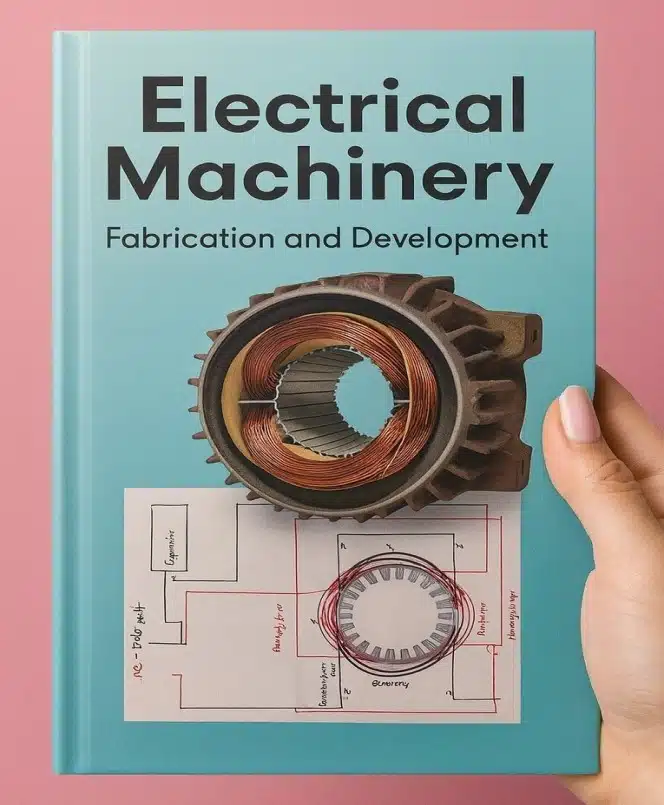
The “Electrical Machinery” textbook meticulously covers the fundamental concepts that form the backbone of power systems and electromechanical energy conversion.
Comprehensive Coverage
The book systematically explores key topics, including:
- Transformers: Detailed analysis of single-phase and three-phase transformers, covering construction, theory, equivalent circuits, efficiency, voltage regulation, and various connections.
- Electromechanical Energy Conversion Principles: Establishing the basic laws and concepts that govern the interaction between electrical and mechanical systems.
- Rotating Electrical Machines: A unified and detailed treatment of the most common types of machines:
- DC Machines: Principles, construction, EMF and torque equations, characteristics, and speed control of DC generators and motors.
- Synchronous Machines: Understanding synchronous generators (alternators) and motors, including their construction, operation, parallel operation, and analysis.
- Induction Machines (Motors and Generators): In-depth coverage of three-phase and single-phase induction motors, their starting, speed control, and the growing relevance of induction generators (especially for wind energy systems).
- Advanced and Modern Topics: Many modern editions incorporate contemporary topics like Power Electronics Control of machines, the theory of Permanent Magnet Synchronous Motors (PMSMs), and analysis of machines in both transient and steady-state conditions.
Key Learning Features
- Clear and Analytical Approach: The text is celebrated for its clear descriptive illustrations, rigorous mathematical derivations, and use of models (like the magnetic flux perspective) to explain internal machine behaviors.
- Practical Application Focus: Numerous solved examples and practical considerations are included to bridge the gap between theoretical knowledge and real-world industrial application.
- Self-Assessment Tools: Each chapter typically concludes with tutorial problems, unsolved problems, and conceptual review questions to promote active learning and ensure concept mastery.
How to Benefit from This Book
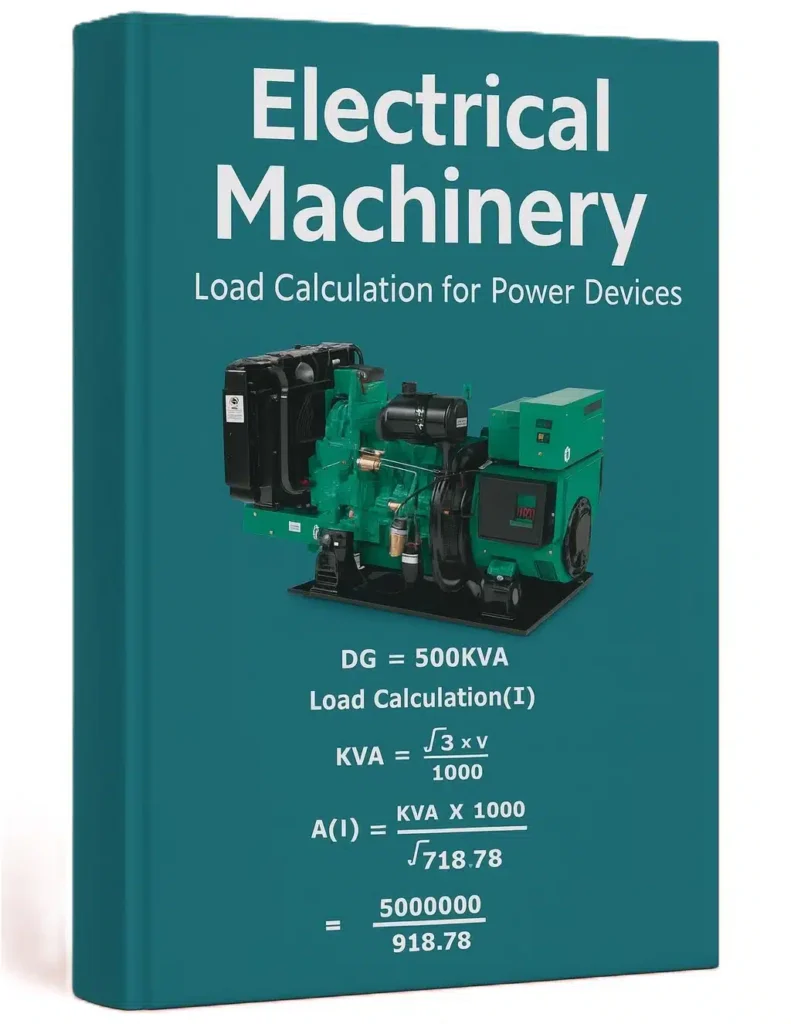
By studying this book, you will gain:
- Fundamental Mastery: A solid, unshakeable foundation in the principles of magnetic circuits, electromagnetic induction, and electromechanical energy conversion.
- Design and Performance Insight: The ability to understand the design, construction, and performance characteristics of various machines and transformers.
- Troubleshooting Skills: A deeper insight into machine operation, enabling you to better analyze and troubleshoot common system faults and performance issues.
- Preparation for Advanced Studies: The knowledge acquired serves as the necessary prerequisite for advanced courses in Electric Drives, Power Systems Protection, and Control Systems.
Key Advantages of This Textbook
- Holistic Approach: Streamlines the subject by often merging generalized and unified approaches for analyzing electrical machines.
- Updated Content: Modern editions integrate the latest developments in materials (like rare-earth permanent magnets) and control technology (like power-electronic drives and sensorless control).
- Excellent Pedagogical Structure: The logical flow from basic principles to complex machine types makes it an ideal learning companion.
- Problem-Solving Focus: The inclusion of MATLAB/Simulink examples (in some versions) aids in simulating and analyzing machine properties.
Secure Your Free Copy Now!
Don’t miss the opportunity to secure your FREE digital copy of this foundational “Electrical Machinery” textbook from our website. Acquiring this book is the first step toward becoming an expert in electromechanical systems, the backbone of all modern power applications, from domestic appliances to industrial robotics and renewable energy generation.
Click here to download your free copy and start mastering Electrical Machinery today!
Suggested Complementary Reading :
To maximize your learning, we recommend pairing “Electrical Machinery” with these similar titles available on our site:
- Principles of Electric Machines and Power Electronics: For a combined focus on machine theory and modern electronic control systems.
- Electric Machinery Fundamentals: For an alternative, perhaps more simplified, foundational approach.
- Analysis of Electric Machinery and Drive Systems: For those who wish to delve deeper into the mathematical modeling and control of electric drives.
